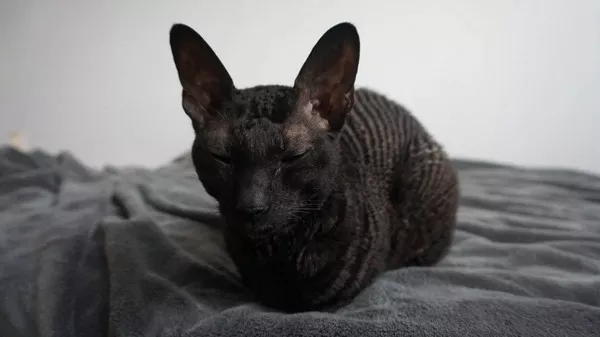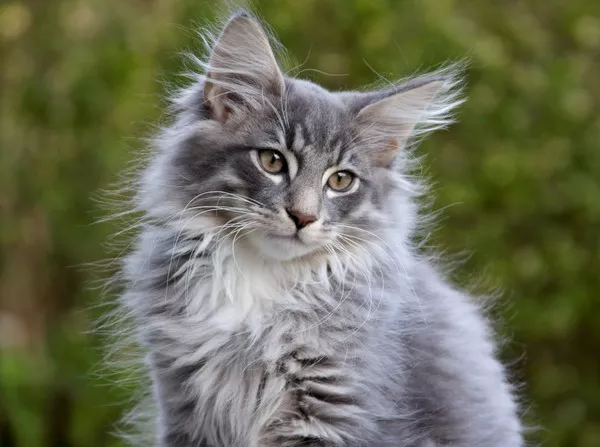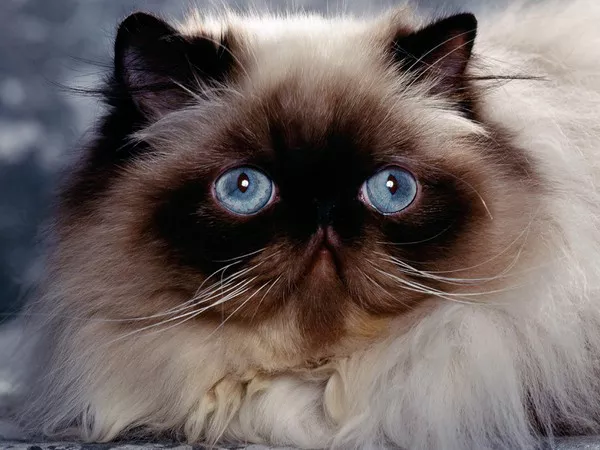Cats are known for their discerning tastes and unique eating behaviors. When your feline friend suddenly refuses to eat, it can be a cause for concern and stress for pet owners. In this article, we delve into the potential reasons behind a cat’s loss of appetite and provide a thorough guide on what to do when faced with this common issue.
Understanding Normal Feline Eating Behavior
Before exploring the reasons behind a cat‘s refusal to eat, it’s essential to understand what constitutes normal feline eating behavior. Cats are obligate carnivores, meaning their diet primarily consists of meat. They have a unique way of approaching food, often preferring small, frequent meals throughout the day. Additionally, factors such as the texture, temperature, and smell of the food can influence a cat’s willingness to eat.
Common Reasons for a Cat’s Loss of Appetite
1. Health Issues: A sudden change in eating habits can be an indication of an underlying health problem. Dental issues, gastrointestinal problems, kidney disease, and infections are among the various health issues that can impact a cat’s appetite.
2. Stress or Anxiety: Cats are sensitive creatures, and changes in their environment, such as moving to a new home, the introduction of a new pet, or alterations in their routine, can lead to stress or anxiety, affecting their appetite.
3. Dietary Preferences: Cats can be picky eaters, and a sudden refusal to eat may be due to a change in the type or brand of food. Cats often have specific preferences when it comes to the flavor, texture, or temperature of their meals.
4. Dental Problems: Dental issues, such as gum disease or tooth decay, can make eating painful for cats, leading to a reluctance to consume food.
5. Hairballs or Gastrointestinal Obstruction: Excessive grooming can lead to the formation of hairballs, causing discomfort and loss of appetite. In some cases, gastrointestinal obstructions can also contribute to a cat’s refusal to eat.
6. Underlying Medical Conditions: Conditions like hyperthyroidism or diabetes can impact a cat’s metabolism and appetite. It’s crucial to rule out these conditions through veterinary examination.
Tips to Encourage Your Cat to Eat
Consult Your Veterinarian: If your cat exhibits a prolonged loss of appetite or other concerning symptoms, the first step is to consult your veterinarian. A thorough examination can help identify any underlying health issues.
Check the Food Quality: Ensure the food you are offering is fresh, high-quality, and within the expiration date. Cats may refuse to eat stale or spoiled food.
Try Different Food Options: Experiment with various cat food brands, flavors, and textures to identify your cat’s preferences. Some cats may prefer wet food, while others may favor dry kibble.
Warm Up the Food: Heating the food slightly can enhance its aroma, making it more enticing for your cat. Ensure it’s only warmed to a safe temperature and stir it well to distribute the heat evenly.
Feed Small, Frequent Meals: Mimic a cat’s natural feeding behavior by offering smaller, more frequent meals throughout the day. This can be especially beneficial for cats who are not keen on large meals.
Address Dental Issues: If dental problems are suspected, consult your veterinarian for a dental examination. They may recommend dental cleaning or provide guidance on appropriate dental care.
Minimize Stressors: Identify and address potential stressors in your cat’s environment. Providing a quiet and secure space, especially during changes or disruptions, can help alleviate stress.
Use Food Puzzle Toys: Engage your cat’s hunting instincts by using food puzzle toys. These toys dispense small amounts of food as the cat plays, making mealtime an interactive and stimulating experience.
Offer Fresh Water: Ensure your cat has access to clean, fresh water at all times. Dehydration can contribute to a loss of appetite, so promoting proper hydration is crucial.
Consider Veterinary-Approved Appetite Stimulants: In certain cases, your veterinarian may recommend appetite stimulants to encourage eating. These should only be used under veterinary supervision.
See Also: 8 Best Human Foods for Cats
Conclusion
A cat’s refusal to eat can be a worrisome experience for pet owners, but understanding the potential causes and taking appropriate measures can help address the issue. Regular veterinary check-ups, a balanced and appealing diet, and a stress-free environment are key factors in maintaining a cat’s overall well-being. By being attentive to your feline friend’s eating habits and responding promptly to any changes, you can ensure they lead a healthy and happy life.


























